News
10 Once-Loved American Staples Struggling With Consumers
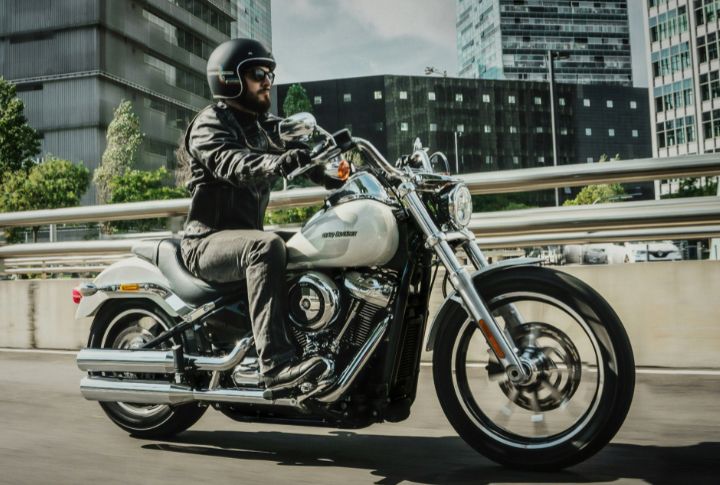
Tastes change, and so do trends. What once ruled the shelves or packed the drive-thru lanes is now collecting dust or getting skipped entirely. Not everything stands the test of time, especially in America’s fast-moving market. Some favorites just aren’t cutting it anymore—and their fall from grace might actually surprise you.
Campbell’s
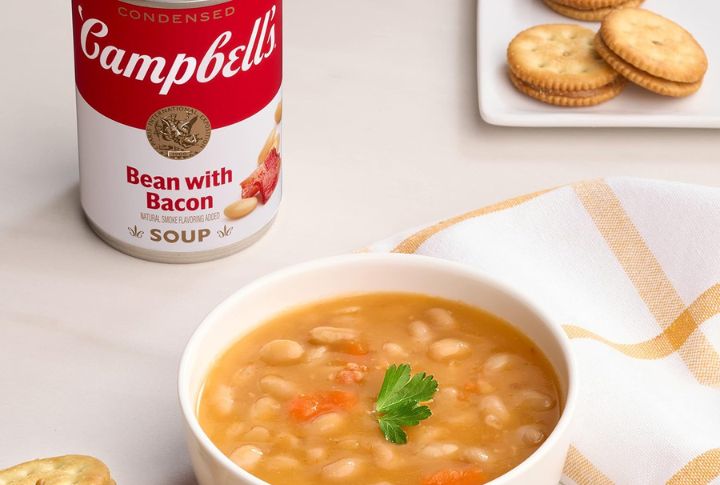
The red-and-white label is no longer enough to carry a sale. With a growing focus on organic and globally inspired meals, many consumers are opting for fresh soup over canned alternatives. Campbell’s remains familiar, but that comfort isn’t enough to dominate pantry shelves the way it once did.
Victoria’s Secret
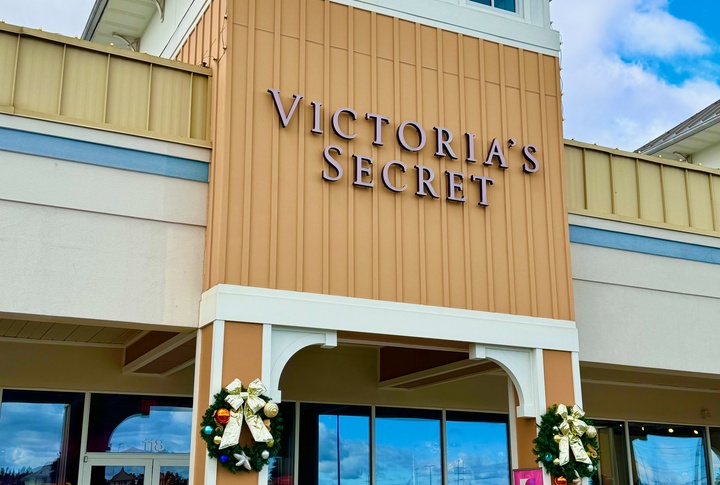
In today’s market, representation sells better than fantasy. Victoria’s Secret hasn’t fully won back younger shoppers, who prefer brands with broader sizing and real-world models. Despite its rebranding, the company’s reputation still struggles to catch up with cultural expectations.
Harley-Davidson
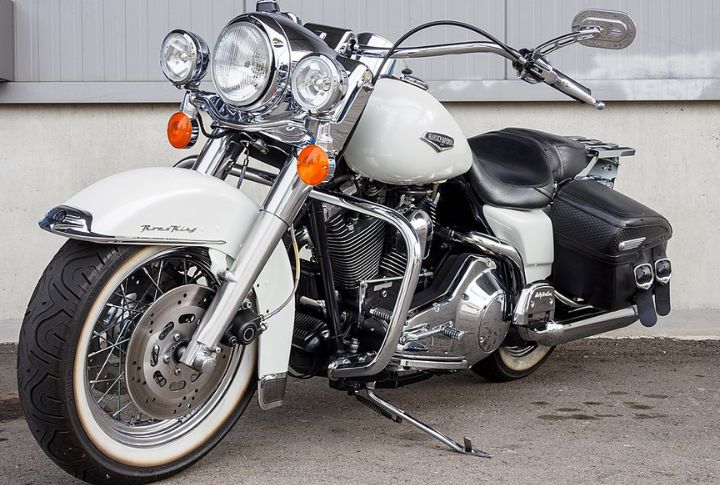
Electric bikes, lower emissions, and a shift away from loud engines are changing motorcycle appeal. Harley’s rebellious image doesn’t resonate with today’s eco-conscious riders, and the brand’s efforts to pivot haven’t yet matched the success of its legacy status.
Jell-O
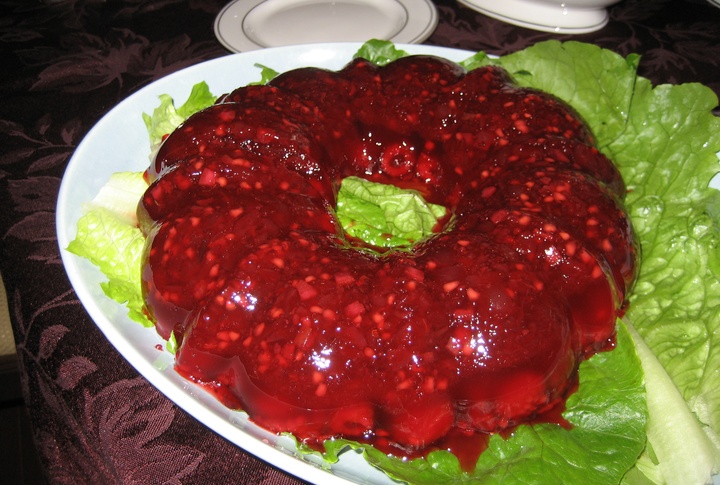
There was a time when Jell-O was a staple at every potluck. Now, artificial colors and high sugar content make it a less appealing dessert. The brand hasn’t kept pace with evolving tastes, and nostalgia isn’t strong enough to carry it back to popularity.
RadioShack
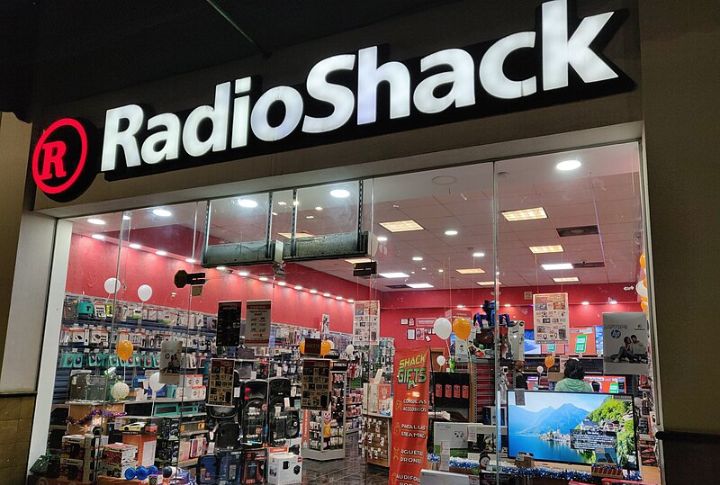
Tech support went mobile — RadioShack didn’t. Once the go-to store for cables and gadgets, it failed to translate its inventory into a competitive online model. Today, it survives mostly in name, with very few brick-and-mortar locations left.
Levi’s
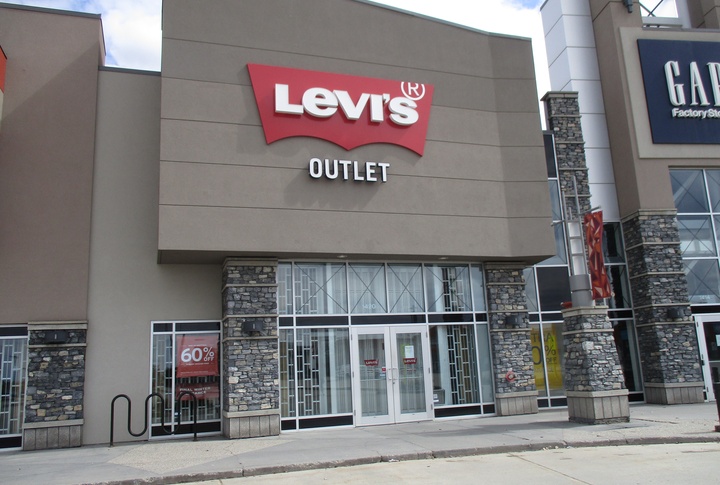
Even a brand with this much history can lose its edge. Levi’s has struggled to compete with sustainability-first labels and trend-driven newcomers. Consumers are still buying jeans, but they’re chasing individuality over heritage names.
Budweiser
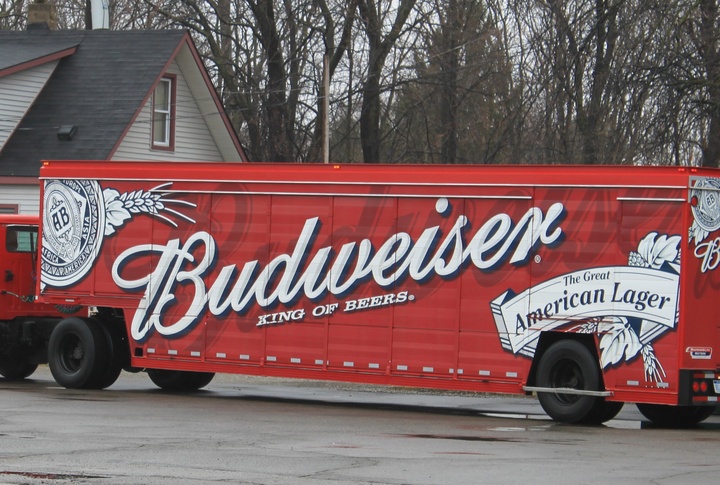
Mainstream beer doesn’t hold the power it used to. Budweiser faces stiff competition from microbreweries, hard seltzers, and imported lagers. Its broad reach can’t match the personality and variety offered by smaller, story-driven brands that dominate the modern beverage aisle.
Sears
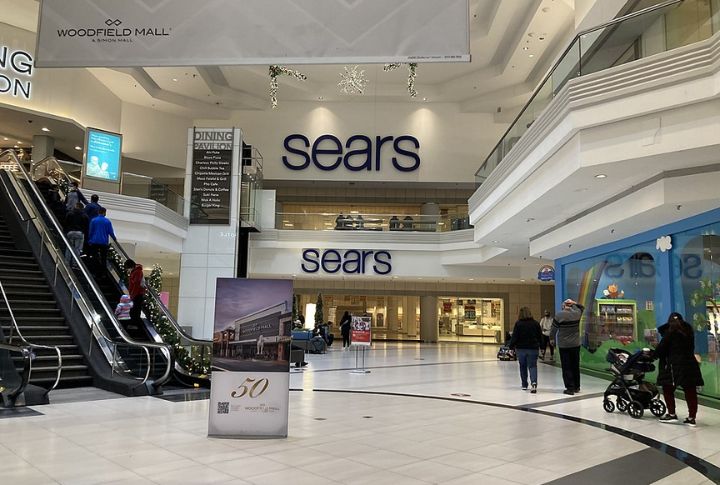
Digital convenience left this retail titan behind. Even during the online shopping boom, Sears failed to modernize fast enough. The result is a brand now synonymous with empty malls and missed opportunities, barely hanging on in a few scattered locations.
Forever 21
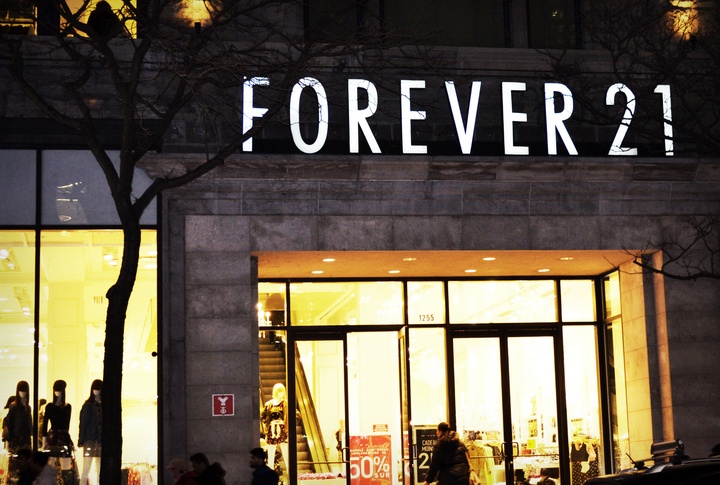
Low prices couldn’t keep the momentum going. Forever 21 dominated the fast fashion market for a time, although slow supply chains and growing ethical concerns eroded its edge. Shoppers increasingly seek fewer, higher-quality pieces, making those endless racks feel more overwhelming than exciting.
SpaghettiOs
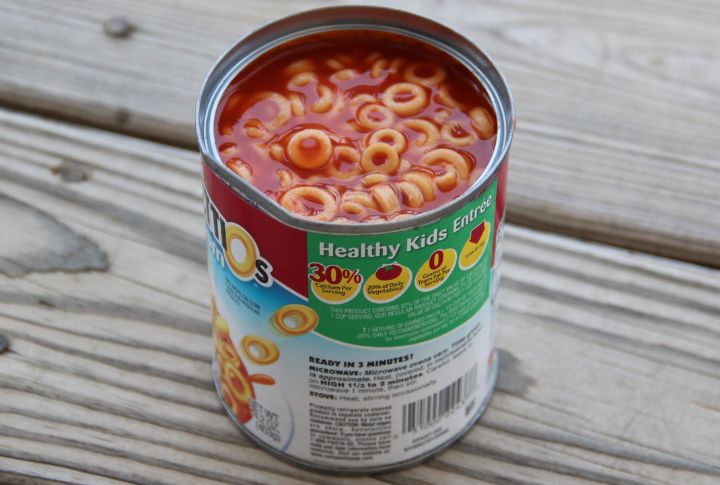
Parents are making different choices. SpaghettiOs, once a go-to for quick meals, now compete with frozen pasta, healthier alternatives, and fresh-cooked options. With changing attitudes about nutrition and preservatives, this canned classic just isn’t landing the same way anymore.

